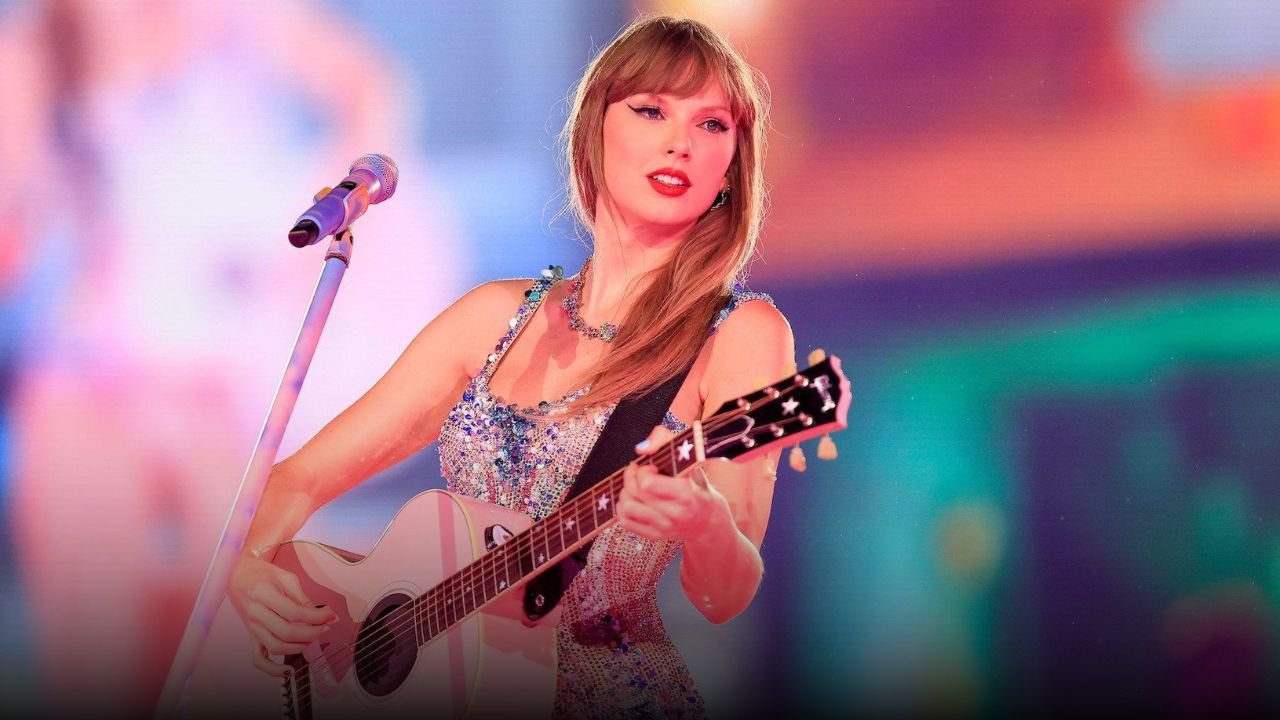What We Lose in the Gamification of Music: A Look at Taylor Swift and Beyond

CHICAGO, IL — The release of Taylor Swift’s upcoming album The Life of a Showgirl has reignited discussion about the gamification of music. Swift’s carefully orchestrated “easter egg” clues, countdown clocks, and elaborate rollouts keep her audience engaged at a fever pitch. But as critics point out, this approach raises larger questions about how fans engage with music — and whether the artistry itself gets lost in the puzzle-solving frenzy.
Taylor Swift and the Easter Egg Economy
Swift’s fans, known as Swifties, are famously adept at dissecting clues hidden in her visuals, song lyrics, and even interview appearances. When she teased Showgirl on the New Heights podcast hosted by Travis and Jason Kelce, online communities instantly exploded with speculation. From blurred backgrounds to coded stadium section numbers, every detail became a riddle to solve.
This treasure hunt has made Swift the master of modern fan engagement. But some argue that treating music like a solvable game risks overshadowing its deeper purpose — to move, challenge, and inspire listeners.
Historical Roots of Musical Mysteries
While Swift has perfected the gamified rollout, she didn’t invent it. The music industry has a long history of artists weaving cryptic puzzles into their work:
- The Beatles’ infamous “Paul is Dead” conspiracy.
- Led Zeppelin’s mysterious “runes” album artwork.
- Prince’s hidden messages and Madonna’s character-driven alter egos.
- Trent Reznor’s 2006 Year Zero campaign, which functioned as a live-action game.
- The K-pop industry’s seamless fusion of online gaming and fan culture.
Each of these examples shows how gamification can build community and sustain interest. Yet when it becomes the dominant mode of engagement, critics warn that music appreciation risks being reduced to pattern recognition rather than emotional resonance.
The Fan Experience: Puzzle vs. Art
For Swift’s fans, the thrill of discovery often comes before the act of listening. Many approach new albums like assignments — decoding visuals, matching dates, and cataloging hidden references. Only later do they fully engage with the music itself.
This isn’t unique to Swift’s community. Across genres, modern pop culture encourages fans to be detectives first, listeners second. As critic Eric Harvey notes, people have been trained to view art as something to “solve,” with online platforms offering endless “answer keys.”
But what’s lost in this approach is the open-ended, transformative quality of art. Music should evolve with each listener, offering interpretations that shift over time, rather than collapsing into a single “correct solution.”
Productivity, Industry Pressure, and Gamification
Part of what drives gamification is the 24/7 productivity cycle of modern pop stars. Swift has released 12 albums, re-recorded much of her earlier catalog, and maintained a relentless touring schedule. Other artists, like Charley Crockett or Gucci Mane, flood the market with projects for both artistic and business reasons.
In this environment, gamification serves as a survival tactic: a way to continually command attention in an oversaturated industry. But while it keeps fans engaged, it also trains audiences to consume music as content, rather than as art with enduring depth.
The Balance Between Engagement and Authenticity
To Swift’s credit, she has emphasized that her “easter eggs” always connect back to her music, not her private life. She has openly rejected turning her personal relationships into fodder for games. Still, the question remains: does this style of rollout encourage fans to focus more on the clues than on the songs themselves?
Critics like Ann Powers suggest that true artistry flourishes when audiences can dwell in the openness of music — not when they’re racing to “solve” it. At its best, music is not a closed puzzle but an expansive emotional landscape.
Music lovers in Chicago and beyond can learn from this conversation: while interactive rollouts are fun, the heart of music remains in its ability to transform and move us, not just to be decoded.
For more insights into today’s music culture, trends, and artist stories, visit ChicagoMusicGuide.com for the latest updates.
